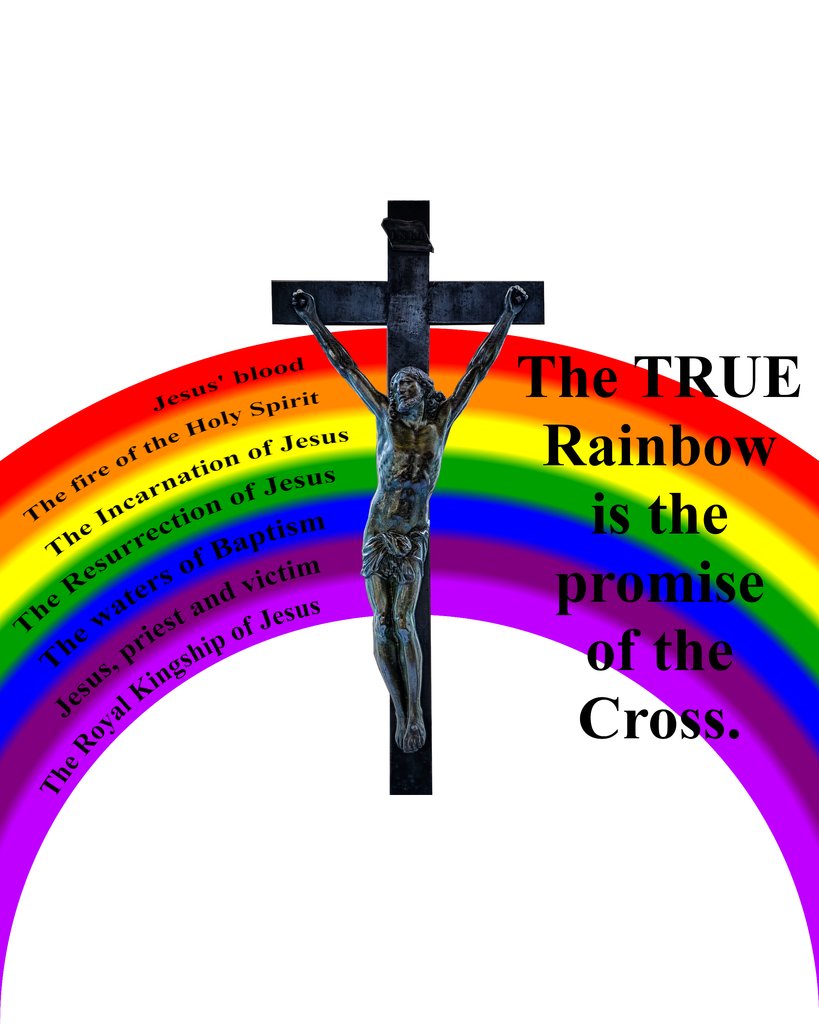My Conservative Manifesto
“Standing athwart history, yelling Stop!” Is the famous line of William F. Buckley which gave a pithy call to arms to conservatives in times when conservatives had their backs to the wall. The impossible charge was a call to rally even when things looked hopeless, for perhaps the light can linger a bit longer if we can just slow them down.
Philadelphia’s The Bulletin sums up the situation that existed for Buckley and the conservative movement in the early sixties.
During the 1960s, in which our political discussion was dominated by the Camelot of the Kennedys and the Great Society of Johnson, it seemed only Buckley stood in defiance of conventional wisdom, armed with wit, an understanding of who he was, and magnificently articulated logic. He not only published articles, magazines, and books to advance his cause, but he arranged televised debates with the intellectual heavyweights of the establishment. Faculty members from Harvard, Yale, Princeton; members of the Democratic inner sanctum like John Kenneth Galbraith; writers like Gore Vidal – all became his partners in the “Firing Line” series. Time after time, he scored knockouts, while charming his prey into submission.
Buckley’s greatness would not have been nearly as impressive in a world where his ideas had already dominated. It was his remarkable willingness to stand alone at the firewall against the liberal establishment that made him so attractive. His refutations of his liberal opponents were spiced with the Latin names of the appropriate logical errors into which his opponents had fallen, and often included catechetical references to the teachings of his own Catholicism. The combination was not only intellectually powerful, but gave a glimpse into both Buckley’s intellect and his soul.
Amazingly, just twenty years removed from this wilderness, the conservative movement triumphed (electorally) with the election of Ronald Reagan. This is a terrific example of the effects Toynbee’s idea of a Creative Minority can have on the world. But that is another post.
Conservatives once again find themselves in the wilderness. I think a little examination of how we got here is required if we are ever again to emerge as an intellectual force with which to be reckoned. I know that many conservatives will not necessarily agree with my diagnosis, but never as one bullied by hopelessness I will proffer it anyway.
Succinctly, we used to aspire to be William F. Buckley but are now morosely content with being Christopher Buckley. Christoper Buckley famously had a falling out with fellow conservatives (I use this term very loosely)when he supported Obama. How could a “conservative” vote for Obama? Simply, he replaced one god with another.
Let me explain this rather cryptic statement. In order to explain it, I will use Christopher Buckley as an example, but he is by no means an isolated example. While others of the same ilk may not have gone so far as to vote for Obama, the problem is pervasive. Chris Buckley, after the election, gave an interview to a fawning New York Times.
As an only child, did you find one of your parents easier to talk to than the other? My mother. She got it. He often didn’t get it.
What didn’t he get? Religion.
He was a practicing Catholic. What are you? I am post-Catholic.
As opposed to a lapsed Catholic? I am probably more of a collapsed Catholic.
Do you believe in the afterlife? Alas, no…
That is what it comes down to I think. Men like William F. Buckley, like me, had a fundamental distrust of government. They also thought that free market capitalism as the best of the available -isms for generating prosperity for all. But, and this is a big but, they understood that these philosophies and viewpoints always needed to be tempered and informed by Christianity. Free market capitalism, untethered from Christian restraint, can be the source of as much evil as any other of the well known and pernicious -isms. Take your pick.
Christianity infused the political-economic outlook of these conservatives as much as the social issues are today obviously influenced by it. But somewhere along the line conservatives like Christopher Buckley lost faith in Christ. In the absence of the almighty, these post-Christian conservatives deified free-market capitalism. They traded one God for another.
Thus, conservatives split into two camps. The fiscal conservative, who worshiped capitalism, and the social conservative, who in their faith in God, found the most critical issues of the day the slaughter of the innocent. These two entities, joined under the banner of conservative, have had an uneasy and forced marriage. Cognizant that neither can survive electorally on its own, they have been wedded to each other for a generation.
But something happened this electoral cycle that may have forever altered and perhaps doomed this metaphorical marriage. The fiscal conservatives (and everyone else for that matter) found out their god of choice, untethered free-market capitalism, has feet made of clay. The fiscal conservatives can make the legitimate claim that government interference in the free market helped bring on this disaster, but that explanation only goes so far. What everyone sees now is the greed and excess of capitalism without Christianity. What the Christian ethic rightly decried as gluttony, was viewed by many conservatives as the ultimate virtue and attractively named competition. What we now through natural law was ignored as well, the hangover always follows the party. Unfortunately, this hangover occurred right in the middle of the election season giving us no time to sleep it off.
So now that their god has been revealed as a fraud, with their faith shaken, these fiscal conservatives are now free to apostatize. There were a few high profile defections such as Buckley which wounded, but it was the anonymous fiscal conservative who ultimately pulled the plug. They found no issue with voting for someone who believes that government is the answer to everything and higher taxes and wealth redistribution as goods in and of themselves. Apostasy complete.
Ironically, it was these very same “conservatives” who forced John McCain on the rest of a reluctant party in part because he did not wear his religion on his sleeve in the same way that Romney or Huckabee did . They wanted to distance themselves from the “religious right” in the party. Now, still stung with defeat, they want to pin the blame on, as one analyst called them, the God fearin’ oogedy boogedy right. I can’t take this point on at any length in this already lengthy post, but suffice it to say the religious right didn’t have a dog in this fight.
So if the demise of a cohesive conservative movement was the result of the divorce between Christianity and conservative thought, what is the remedy? Marriage counseling? Yes, but with our pastor.
Conservatives need to understand that no political or economic philosophy is sufficient. This is a fallen world. I believe that free market capitalism is still the best approach available to general economic prosperity, but not by itself. It must always be tempered and regulated by a Christian ethic. Paraphrasing Gordon Gecko, “Greed, for lack of a better word, is still sin.” We must always recognize our tendency toward sin in these endeavors, especially economic endeavors.
Our recognition of the attraction of sin, is also why conservatives should be wary of big government. Government is obviously inefficient and does most things poorly. But the power of government is attractive to those who wield its power. For these reasons, conservatives are right to be wary of big government. But today, there is more to fear than inefficient bureaucracy and burdensome tax rates. Big government has the ability to impose immorality and sin as the standard. This is true of the courts when the impose abortion on demand as the law of the land by judicial fiat. It is equally true when the executive branch turns to torture in the name of protecting the people. Conservatives should recognize and abhor both.
Conservatives, while promoting properly regulated free market capitalism as a way to to general economic prosperity, must also recognize its limitations. Take Jesus’ parable of the good Samaritan. One could easily picture the modern fiscal conservative today walking by, pausing momentarily, only to tell the dying man that when he gets to town he will support tax cuts that will eventually lead to better things for him, but sorry, gotta go now. No, for a Christian conservative this is not sufficient.
Of course, private and personal charity, can and will do much for those suffering, but this is not enough. We must get government out of the way when it obstructs or wastes in the name of charity. But we must also recognize that sometimes government, through our tax dollars, can do good. We should never turn a blind eye to those in need due to our distrust of government or through deification of an economic model. Conservatives should not reflexively oppose and all public welfare projects, but rather focus on accountability. Make sure the programs work as hoped. If they don’t scrap them. If they do, fund them. We should be the party of the poor.
This is all a very long way of saying that the resurrection of the conservative movement, in my view, all depends on whether our Christianity can once again inform and guide our entire political outlook. If we continue in our unhappy marriage, where believers do social issues and non-believers the economic issues, we will continue to fail to persuade. A house divided against itself cannot stand.
Unity is the answer. Unity of vision and of faith is the hope for the conservative movement. Let’s once again aspire to faith infused William F. Buckley style conservatism. Let Jesus inform our entire vision for the future of this country and we will find our way out of the wilderness and the country will be better off for it.








